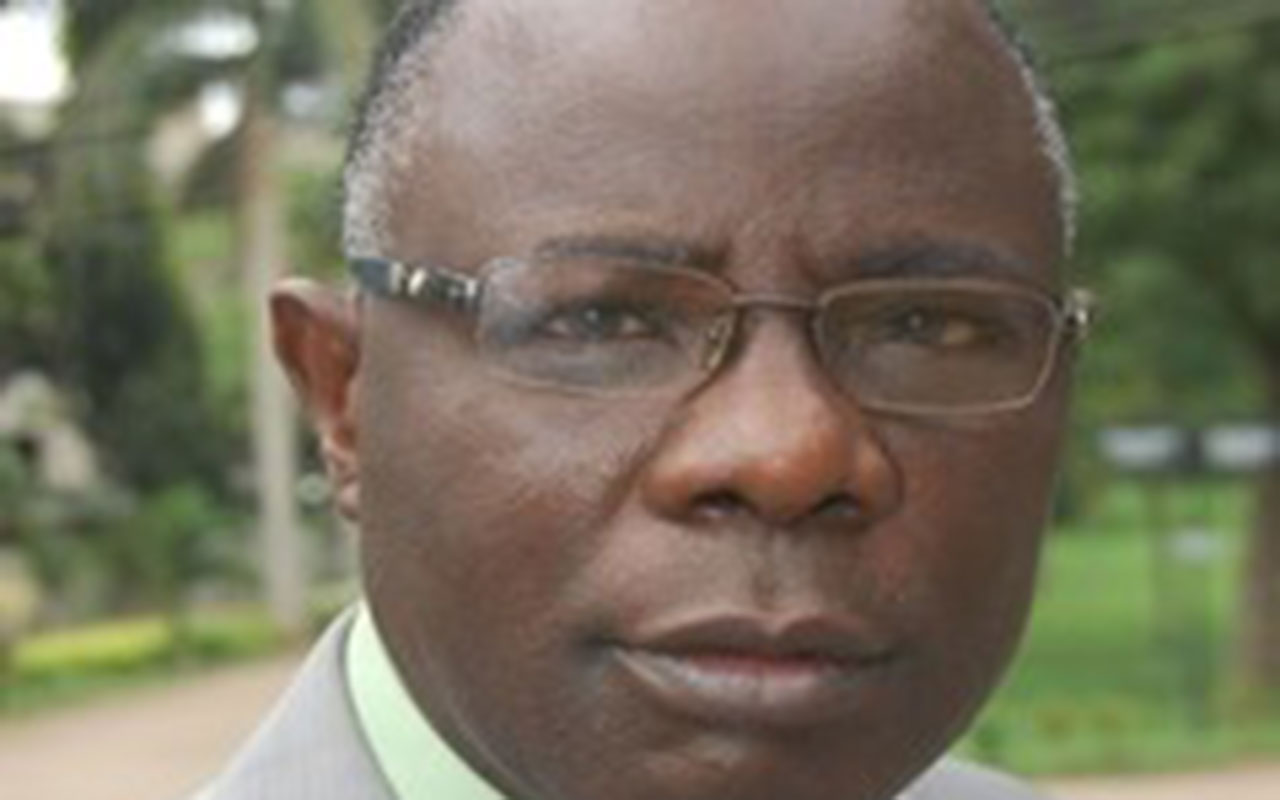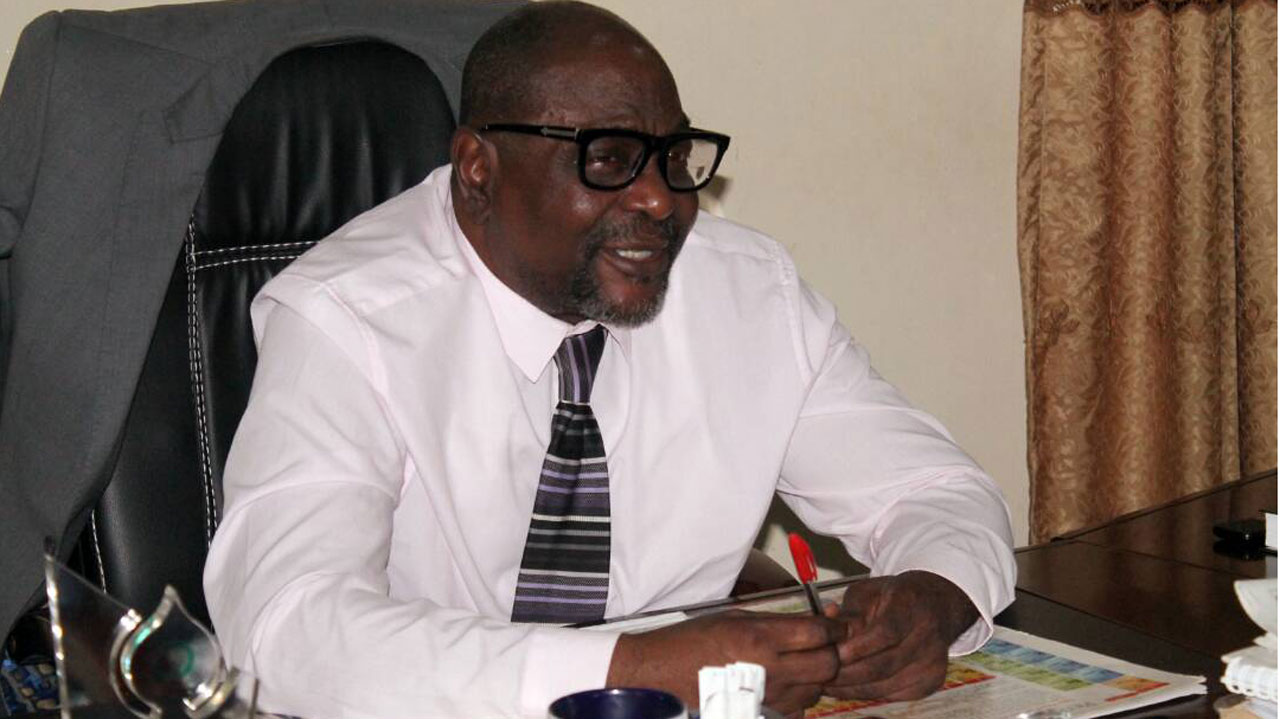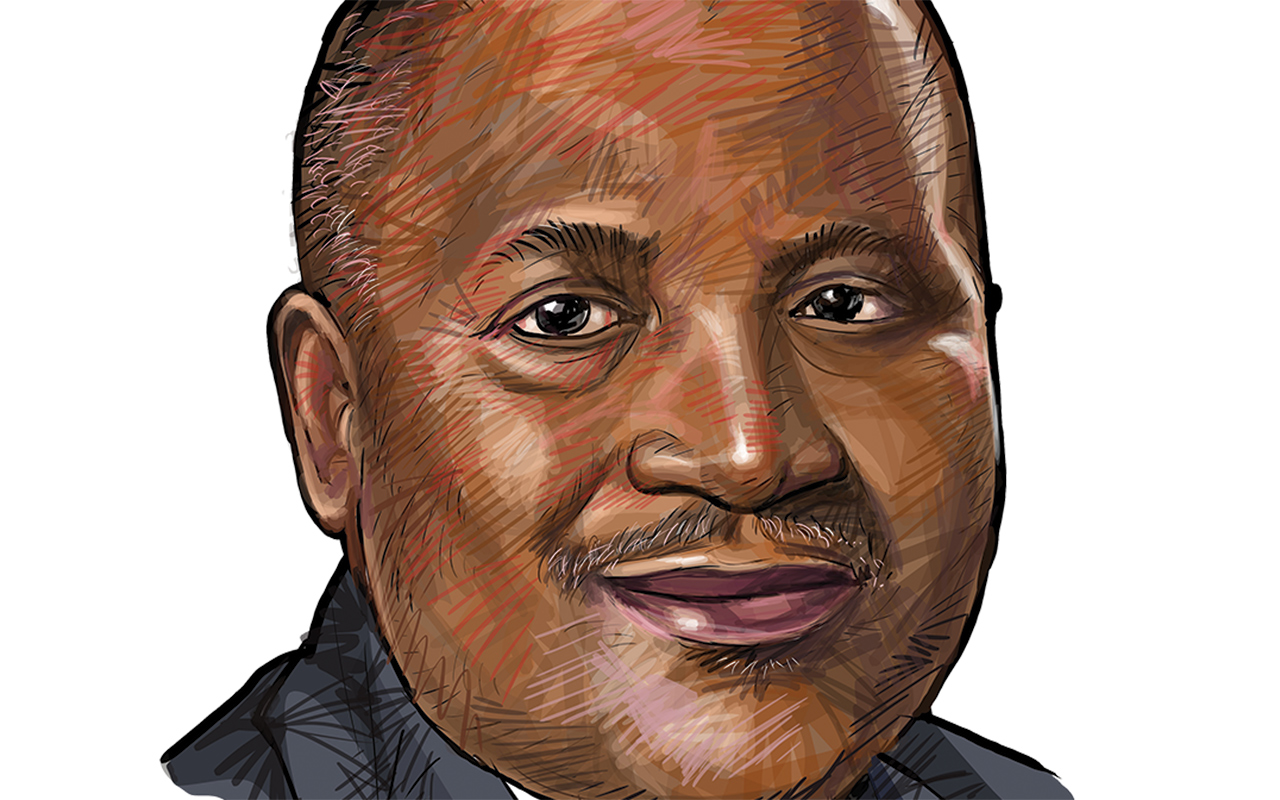
The Federal Government’s plans to avail universities financial autonomy are viewed from another prism by academics, who aver that the government may be trying to shirk its constitutional and moral responsibilities of funding universities. They said while funding and academics form an integral part of tertiary education, the Federal Government must also desist from appointing politicians as pro-chancellors as most of them are only interested in contract awards, and with no idea of how a university system works, IYABO LAWAL writes.
In unison, stakeholders in the tertiary education sub-sector have rejected the planned financial autonomy for universities, insisting that the Federal Government cannot shirk the responsibility of funding education.
Curiously, the stakeholders are also urging the government to give institutions the free hand to run their affairs, saying that appointing pro-chancellors and council members, who have no idea of how the university system works, could be counter-productive.
Education Minister, Tahir Mamman, had during an education conference in Abuja, announced that the Federal Government would grant full autonomy to public universities in the country.
Mamman said the move would enable public universities to source for funding through various means, in a bid to meet their financial obligations.

But for the Academic Staff Union of Universities (ASUU), former Vice Chancellors of the University of Ibadan (UI), Prof. Idowu Olayinka, his Federal University, Oye (FUOYE) counterpart, Prof. Kayode Soremekun, and Bells University, Ota, Prof Adebayo Adeyemi, ceding the funding of universities established by the government primarily to these institutions means that the government is abdicating its responsibility, which is unacceptable.
ASUU National President, Prof. Emmanuel Osodeke, said that there is no way that the government can stop funding university education according to Section 18 of the constitution.
Osodeke noted that the autonomy law enacted in 2003 is still in force, and if followed without interference from bureaucrats, universities will be better off.
According to him, up to 95 per cent of the budgetary allocation for federal universities goes into paying salaries at rates that academics have repeatedly lamented as inadequate and globally uncompetitive.
An inadequate one per cent covers overheads, leaving public institutions struggling to fund their day-to-day costs.
Osodeke noted that the main financial inflow available for capital projects in public universities comes from the Tertiary Education Trust Fund (TETFund), which is serviced from a two per cent education tax paid from the assessable profit of companies registered in Nigeria.
Osodeke addressed sentiments about the irony of ASUU advocating for administrative autonomy for public universities while objecting to financial autonomy, saying “Are there no other autonomous bodies in this country? Are they funding themselves? Take the judiciary and the national assembly. Are they funding themselves?
“The Federal Government is talking about financial autonomy, where is it happening in the world? Do you know how much the U.S. government spends in terms of scholarships and grants? Do you know the budgetary allocation to universities?
“By proposing financial autonomy, the government is trying to privatise federal universities. Is that what we want and what taxpayers are saying? Nigeria’s finance belongs to Nigerians.
“If you check the ratio of Nigeria’s education budget to our Gross Domestic Product (GDP), we have the lowest in the world at 0.5,” he said.
Osodeke said allocating up to N12 billion in the budget for overhead costs at federal universities will guarantee the proper running of these institutions.
“If the University of Nigeria (UNN), UI, and Ahmadu Bello University (ABU) get about N12 billion yearly to run universities, won’t that solve a problem? Funding is a critical issue. The second is academics.
“The bulk of academics are leaving the country today because of what professors are being paid. A professor is paid about N400,000 and he spends more than N100,000 on fuel to get to his office. How will he survive?”
Prof. Olayinka on his part said that there is a need for the government to be more explanatory concerning the planned financial autonomy.
He said while there are three streams of funding universities, there is no way the Federal Government can detach itself from funding public institutions.

“If the Federal Government wants to give institutions financial autonomy, to what extent? Is it to say that the vice-chancellor should be charging students, or the government continues to pay staff salaries, while the running costs are then passed to students?
Olayinka also advised the Federal Government to stop appointing politicians without knowledge of university administration as pro-chancellors.
He said: “When I read the report of the investigative panel for UI, headed by Prof Attahiru Jega, a former chairman of Academic Staff Union of Universities (ASUU), one of the points he raised was that when the government is selecting the chairman, most of them are politicians, who are interested in contracts, with no idea of how a university system works.
“So, if you just pack the council with politicians who lost elections, some of them will say it’s like a critical position for me like they’ve been sent to Nigerian Ports Authority or the CBN or made an ambassador.
“Over the past 15 years or so, the appointment of a vice-chancellor, at least for federal universities, is something that is the business of the governing council, which is part of the autonomy we are talking about, and that is why it is important to appoint a council that knows what it’s doing, especially the chairman of the council. If you give it to any politician that doesn’t understand how a university system is run, someone who doesn’t know what he is doing, then, we are in trouble,” Olayinka added.
On his part, Adeyemi said it is the constitutional and moral responsibility of the government to fund universities, as failure to do so may spell disaster for the country.
According to him, each institution should put modalities in place for governance and accountability, which staff and students should adhere to.
“If the relevant stakeholders, especially council members and principal officers involved in administration are painfully selected based on standard criteria, the funding agencies should give the council the freedom to choose principal officers, while the council should effectively play an oversight function in the system,” Adeyemi stated.
Soremekun, in his contribution, said while autonomy is good, the government should not wash its hands off the universities in the area of financial support.
According to the former vice-chancellor, managers of these institutions must be allowed to run the institutions along specified and statutory guidelines, while the government should continue to fund them.
He reminded us that most of the institutions in the United States are still being funded by the government, even though these institutions are deemed to be private.
Subsequently, Soremekun said the Federal Government should continue funding public universities, and leave the control of these institutions to statutory bodies like the various governing councils and the schools’ senate.
He said: “As a former vice-chancellor, I was not responsible to the government directly, rather, I was responsible to the governing council.’’
Prof. Sheriffdeen Tella, in his contribution, said education is one of those areas that should enjoy subsidy as it has done in other institutions all over the world.






